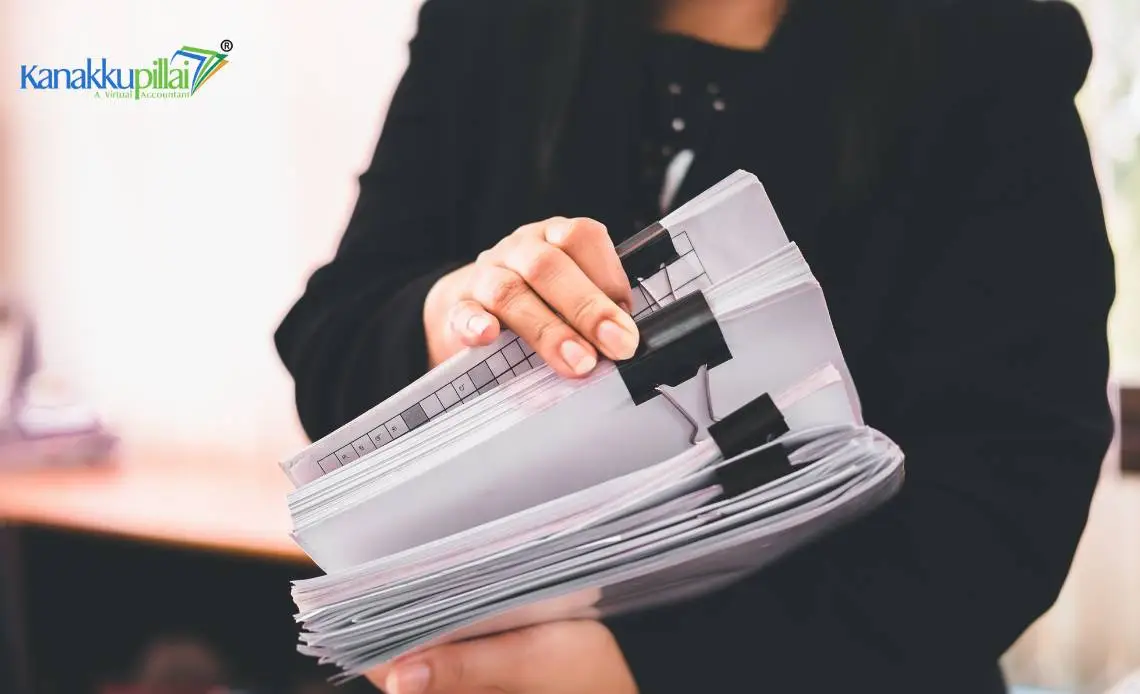Last Updated on November 8, 2025
Opening a bank account is a very important first step for any sole proprietor in India. Digital banking is more and more prevalent, and regulations are changing; almost every bank has the onboarding down to a science, but it is still not a simple process. Further, getting a small business account allows you to separate both personal and financial affairs, adds credibility, and facilitates transactions. If you know truly what documents you will need and why, the process can be greatly simplified and delays can be minimized. While you may be intimidated to go to any bank after reading this, you will quickly learn that the data you provide will vary slightly, but the list is mostly consistent and easy to understand.
Why Banks Demand Documentation?
Banks in India operate under stringent regulations set by the Reserve Bank of India (RBI) and must adhere to Know Your Customer (KYC) norms. These processes are in place to ensure transparency, curb fraud, and establish each customer’s identity and business authenticity. For sole proprietorships where the owner and business are legally one, documentation is crucial in proving the existence and activity of the business separate from personal life.
Key Documents Required for Sole Proprietorship Bank Account Opening in India
1. Proprietor’s Identity and Address Proof
To establish the identity and address of the proprietor, banks require KYC documents like –
- Aadhaar Card
- PAN Card
- Passport
- Voter ID Card
- Driving License
- Government-issued job cards or letters
- For address proofs, banks often accept utility bills (not older than two months), property tax receipts, or registered lease agreements.
2. Proof of Business Existence
Since a proprietorship is not a separate legal entity, proving its existence is vital. RBI guidelines generally require at least two pieces of evidence of business activity, generally from this list:
- Shop and Establishment Act Registration
- GST Registration Certificate (where applicable)
- MSME/Udyam Registration
- Trade license from the local authorities
- Income Tax Return (showing business income)
- Professional certificates (for professions such as CA, doctor, architect)
- IEC code (for businesses with imports/exports)
- Utility bill in the business’s name
- Certificate from a Chartered Accountant (if standard proofs are unavailable).
3. Recent Photographs and PAN Card
- Recent passport-sized photos of the proprietor
- Individual’s PAN card (and business PAN, if applicable, though usually the personal PAN suffices)
4. Bank-Specific Additions
Depending on the bank, you may also be asked for –
- Account opening cheque
- Latest IT returns
- Additional KYC for authorized signatories
- Check with your chosen bank to confirm the current checklist, as practices may vary across public vs. private sector banks.
- Steps for Account Opening Process
- Gather all the required documents and their photocopies.
- Complete the bank’s account opening form (available at branches and, often, online).
- Submit your documents; originals will be verified in person.
- Wait for verification (occasionally with a visit by bank staff to your business premises).
- Submit an opening deposit if required and receive your new account number usually within a few business days.
What If You Lack Documents?
Small businesses that lack GST registration or formal shop licenses can often satisfy banks with a combination of an MSME certificate, utility bills, and a CA’s certificate. Always explore the alternate proof options if you work from home or are newly established.
Keeping Documents Updated
It is essential to maintain current documentation, especially if your address or registration changes. Outdated proofs may cause account blocks or KYC holds.
Conclusion
Opening a bank account for your sole proprietorship involves careful attention to detail and the preparation of certain key documents. Most importantly, the owner’s identity and address proof serve as the foundation for opening a bank account. While it is most important to provide the bank with identity and address proof, the owner may also provide business-related certificates and proof of business address to confirm the legitimacy of their operation.
By being proactive and ensuring that all the documentation is in order, you will be able to avoid delays and open your proprietorship account with ease. This dedicated account will become the bedrock of your business’s financial management and help you maintain clarity and professionalism from the start.





